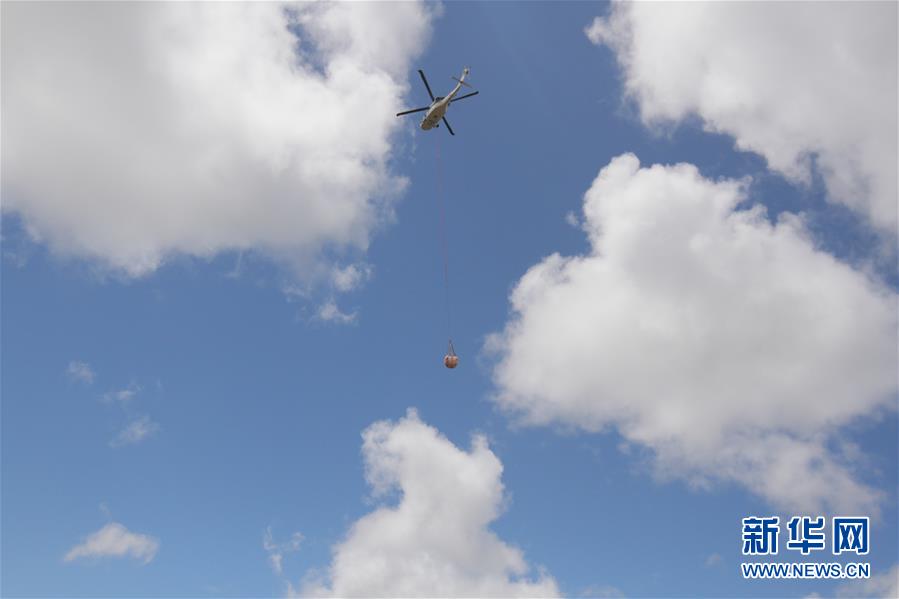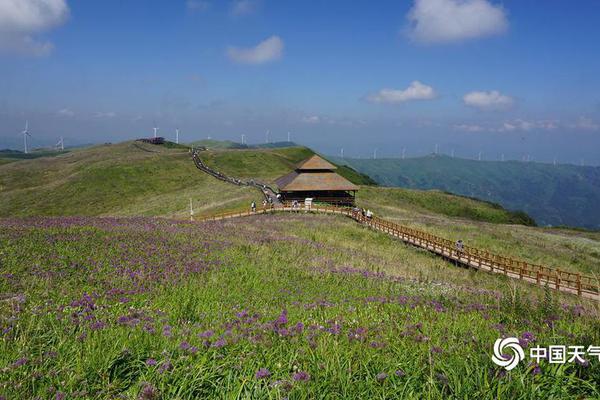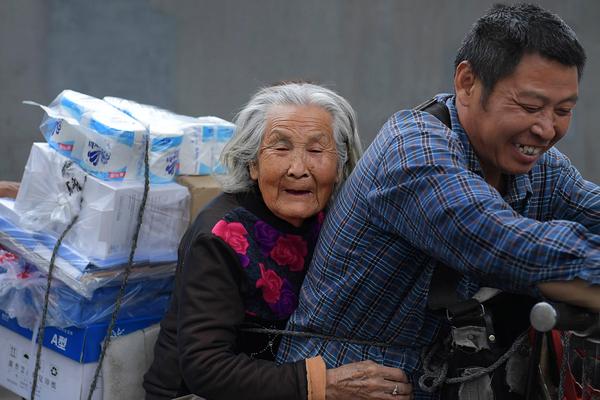【??? ?? ?? ???】June Kuramoto Among 2024 NEA National Heritage Fellows


WASHINGTON — The National Endowment for the Arts (NEA) has announced this year’s NEA National Heritage Fellows, recipients of the nation’s highest honor in the folk and traditional arts.
Every year since 1982, the NEA has presented this lifetime honor in recognition of individuals whose dedication and artistry contribute to the preservation and growth of the diverse cultural traditions that comprise our nation. Each fellowship includes a $25,000 award and the recipients will be honored in Washington, D.C. in the fall.
“I am honored to announce the ten gifted recipients that have been named 2024 NEA National Heritage Fellows,” said NEA Chair Maria Rosario Jackson, Ph.D. “Through their dedication to and generous stewardship of their traditions and cultures, these artists and culture bearers carry forward their knowledge and passion to future generations. They offer us the opportunity to see things from different perspectives, help us make sense of the world, and celebrate our rich collective heritage comprised of our diverse lived experiences.”

The 2024 NEA National Heritage Fellows include koto musician June Kuramoto from Alhambra.
She came to the U.S. by boat from Japan as a child immigrant in the 1950s and was raised in L.A.’s Crenshaw District, home to many Black artists, including Ray Charles, Tina Turner, and Natalie Cole, and one of the few neighborhoods where Japanese Americans did not face discrimination and were allowed to freely live.
As a young child, when she heard Kazue Kudo, a virtuoso koto player from Japan, perform. Kuramoto knew the koto, a 13-string Japanese instrument, would be her connection to Japan, and she asked her mother if she could take lessons. Kudo Sensei recognized Kuramoto’s talent and her ability to emotionally connect to the music. As a vibrant young kotoist, she was a featured player in numerous classical koto concerts in Little Tokyo.
A big fan of rock-and-roll and soul, Kuramoto wanted to adapt the song “Duke of Earl,” which she heard on the radio, for the koto. Her teacher told her that this would be difficult to do. This challenge only catalyzed her desire and determination to experiment combining the traditional koto with contemporary music.
This led her to the creation of Hiroshima, a pioneering Grammy-nominated Asian American band that blends the sounds of the koto with keyboards, sax, drums, guitar, bass, and vocals.

Through Hiroshima she not only fulfilled her dream, but Kuramoto also became a mentor and role model to young Japanese American women who now had a sense of pride in their culture and identity. A pivotal moment for Kuramoto came in the early 1980s when Hiroshima performed their first tour outside of California. At a Howard University performance, she recalls the rousing standing ovation she received for her solo and credits this performance as the start of many years of undying support for her music by the Black community.
Her recording credits for television, film, and stage include “Heroes,” “The Last Samurai,” and the stage musical “Sansei.” Kuramoto has been recognized with many awards both as an individual and as a co-founder of Hiroshima. The Smithsonian, U.S. Congress, State of California, and City and County of Los Angeles have honored her work.
Kuramoto has served twice as an artist-in-residence at the Japanese American Cultural & Community Center and as president of the Koto String Society, a nonprofit group that produced shows featuring up to 100 koto performers accompanied by a full symphony orchestra.
Today she gives of her time freely to teach a group of seniors and to mentor up-and-coming koto artists. Kuramoto is an in-demand solo artist at community events like the annual Day of Remembrance which is a time to reflect upon the years of suffering by Japanese Americans incarcerated during World War II. (Biography by Janice D. Tanaka, filmmaker and writer)
Also recognized were:
Sochietah Ung, Cambodian costume maker and dancer from Washington, D.C.
Bril Barrett, tap dancer from Chicago
Fabian Debora, Chicano muralist from Los Angeles
Rosie Flores, rockabilly and country musician from Austin, Texas
Trimble Gilbert, Gwich’in fiddler from Arctic Village, Alaska
Todd Goings, carousel carver and restorationist from Marion, Ohio
Susan Hudson, Navajo/Diné quilter from Sheep Springs, N.M.
Zuni Olla Maidens, traditional Zuni dancers and singers from Zuni, N.M.
Pat Johnson, community activist and organizer from Pocahontas, Ark.
Fellowship recipients are nominated by the public, often by members of their own communities, and then judged by a panel of experts in the folk and traditional arts. The panel’s recommendations are reviewed by the National Council on the Arts, which sends its recommendations to the NEA chair, who makes the final decision.
The deadline to submit a nomination for the 2025 class of NEA National Heritage Fellows is Tuesday, May 28. For more information and to submit a nomination, visit the National Endowment for the Arts website: https://www.arts.gov/honors/heritage/make-a-national-heritage-fellowship-nomination
Past NEA National Heritage Fellows include:
Gertrude Yukie Tsutsumi, Japanese classical dancer (2018)
Lynne Yoshiko Nakasone, Okinawan dancer (2012)
Roy and PJ Hirabayashi, taiko drum leaders (2011)
Violet Kazue de Cristoforo, haiku poet and historian (2007)
Seiichi Tanaka, taiko drummer and dojo founder (2001)
Sosei Shizuye Matsumoto, Japanese tea ceremony master (1994)
John Naka, bonsai sculptor (1992)
Seisho “Harry” Nakasone, Okinawan American musician (1991)
Fujima Kansuma, Japanese classical dancer (1987)








Comments
Leave a Comment